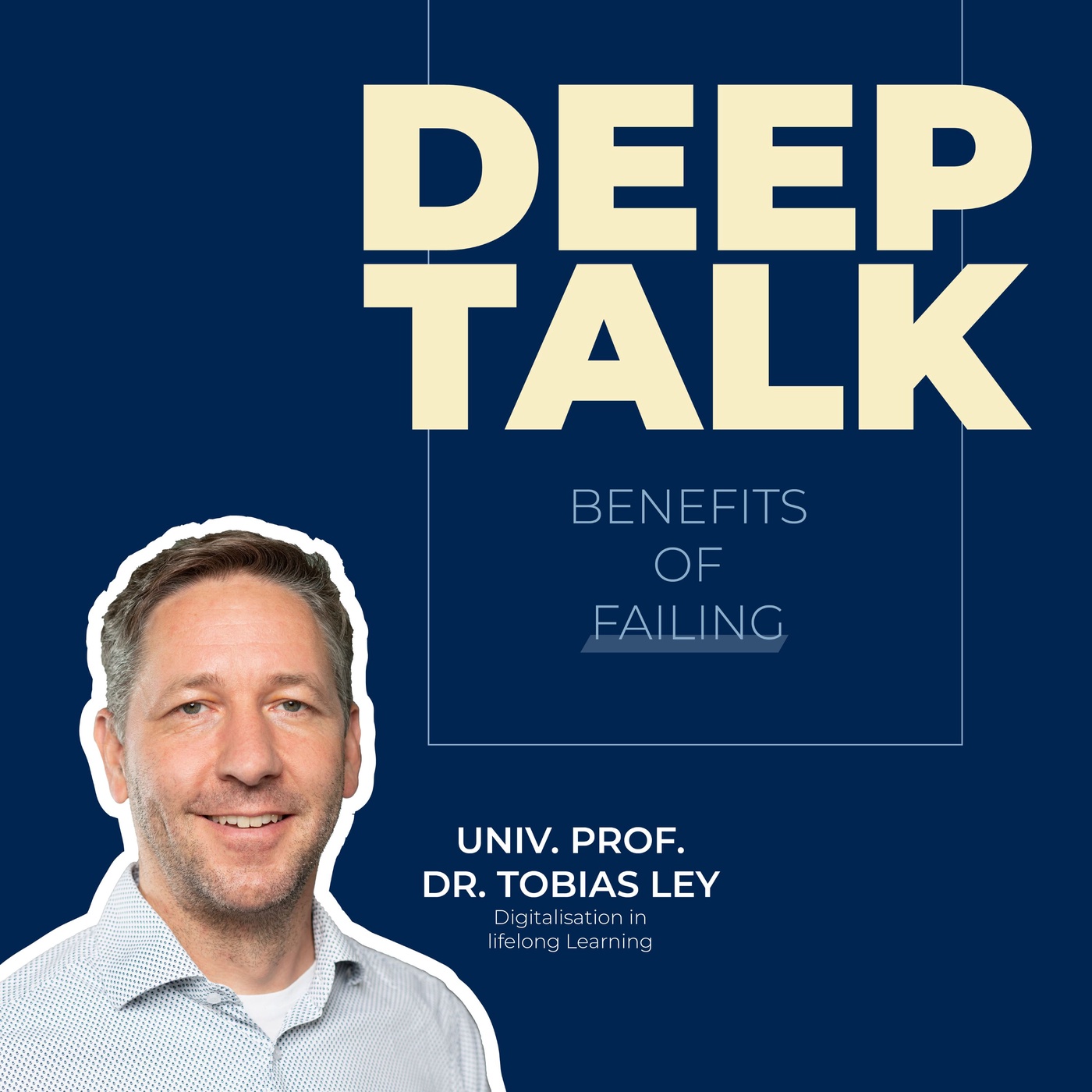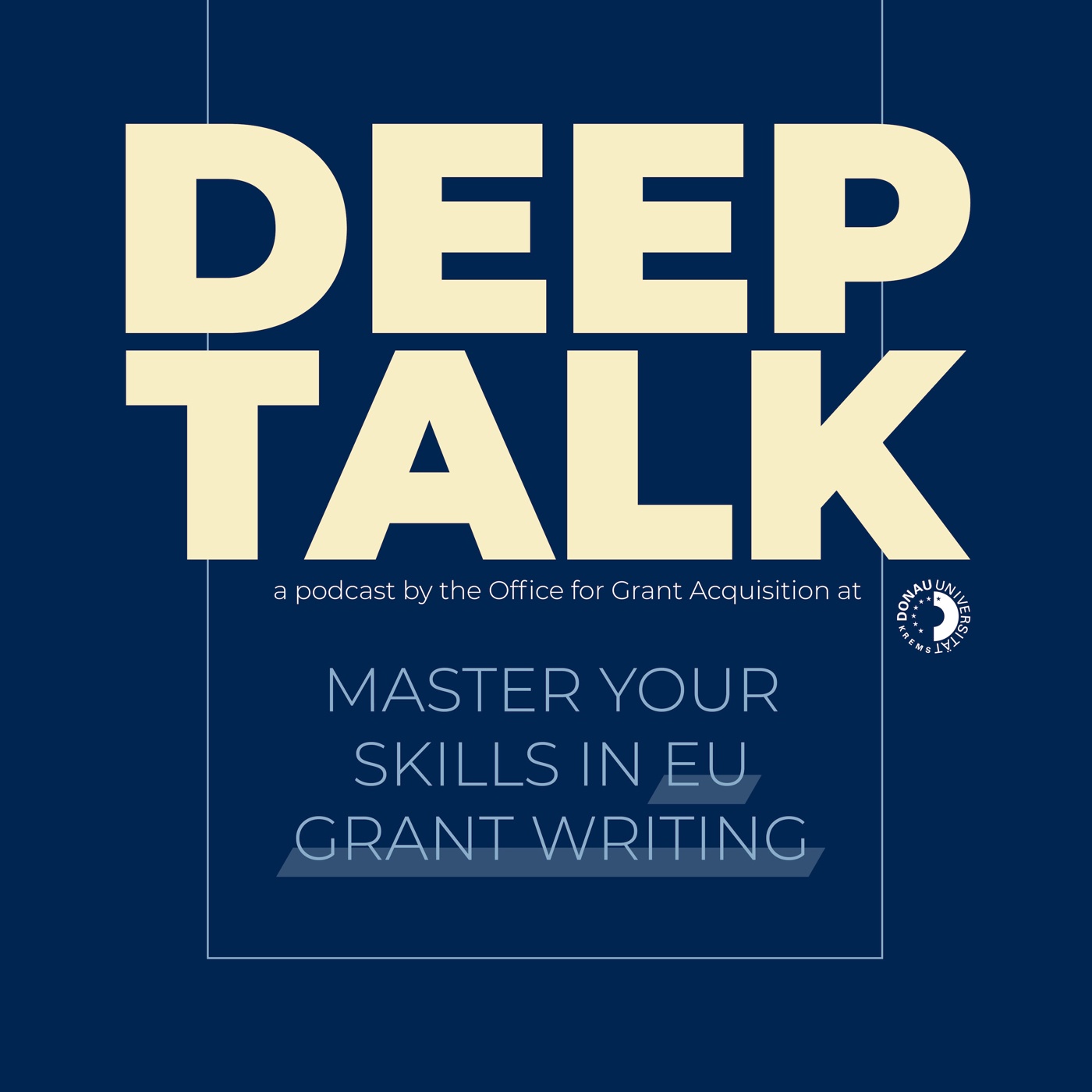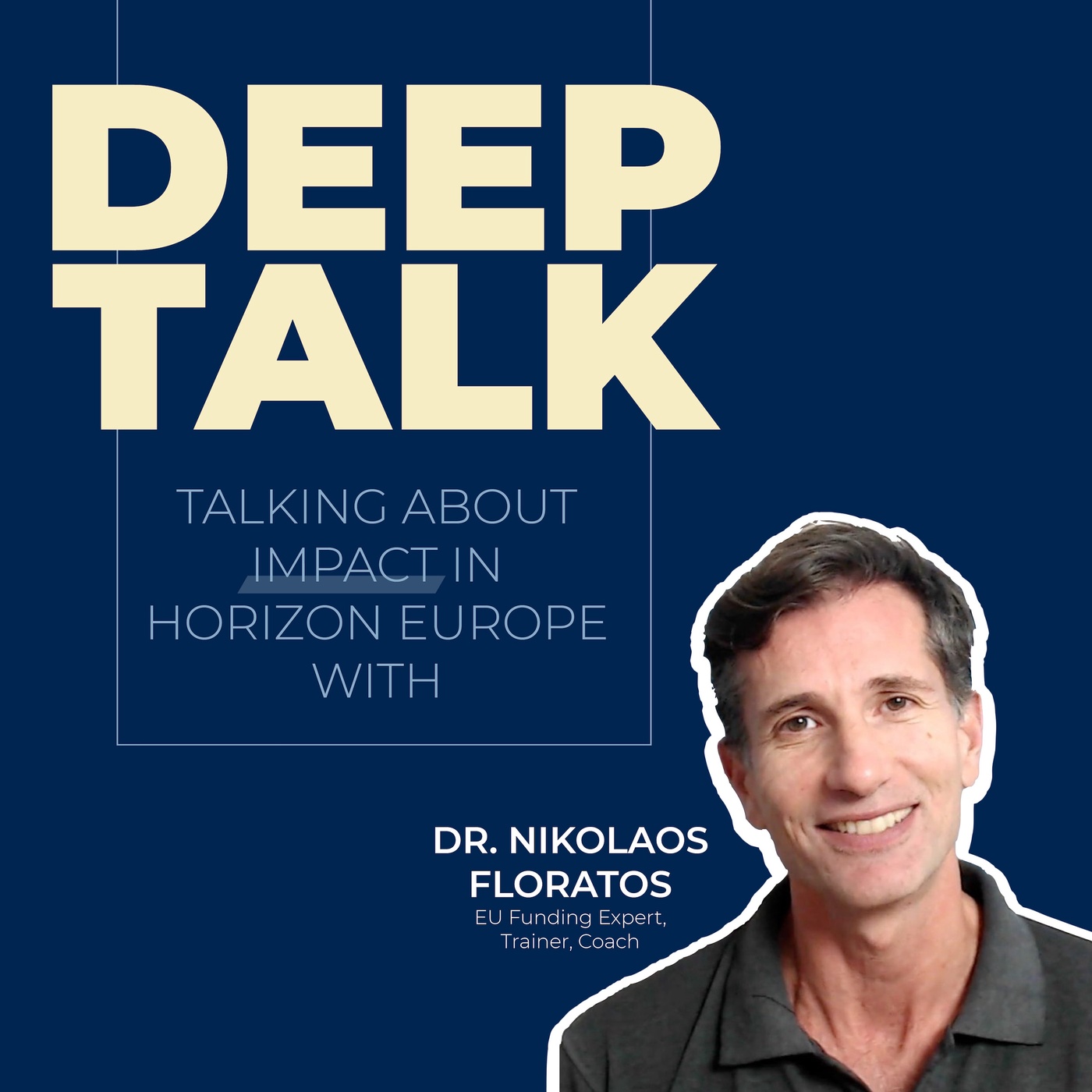
Benefits of failing
In episode 3 of our podcast, we have an insightful conversation with Professor Tobias Ley about the benefits of failing when applying for funding from Horizon Europe's Pillar 2. Tobias shares his journey as a grant applicant and coordinator, providing useful advice and answering questions such as:
1. How can failing improve future proposal writing?
2. How can a rejected proposal be used in another way?
3. How can the experience of failing enhance the research team's resilience?
4. How can researchers benefit from failing?


